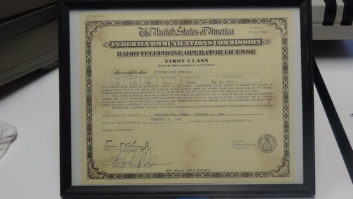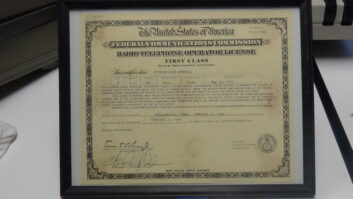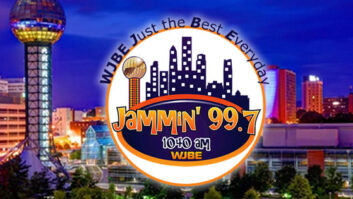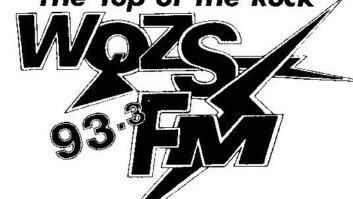
We recently ran an opinion piece on AM revitalization from iBiquity Digital.
Judging from the comments the tech developer received in response about its “astronomical” licensing fees, the company wanted to clear the air and explain what its current fees are.
IBiquity Director of U.S. Broadcast Sales Rick Greenhut tells me the fees actually went down recently because the company wanted to make it easier for smaller market stations to convert to digital. “We’re trying to open the tent wider. We want [digital conversion] to make financial sense for as many people as possible,” he says.
The one-time licensing fee is $10,000, down from $12,500. Some are under the misimpression that’s a yearly fee, and that’s one of the myths iBiquity seeks to dispel.
Here’s how the $10,000 one-time licensing fee works: A station pays $2,500 down. “They then have three years to sign-on as an HD station. At that point we bill them for the balance,” with payments spread out over five years. That works out to $125 a month, according to Greenhut, who adds there’s no tacked-on interest.
I remember back when HD Radio was still called “IBOC” and the early group owners received lower license fees. Greenhut acknowledged they did start out small, before the technology was proven and there were any receivers in the market.
The cost of the iBiquity license is typically 10% of the total conversion costs, he estimates. Are stations still converting to digital? Yep, at a rate of one or two per week, says Greenhut. “There’s nothing like having a competitor nip at your heels with an HD2 translator,” he tells me.
Getting back to the fees, he says: “I wanted to scale back the prices back so a guy in a small market could make money in the short-term with HD.”
He’s referring to ROI some digital owners are making with their multicast channels.
There is still a licensing fee attached to those and the amount is based on a revenue-sharing model. Stations pay 3% of incremental net revenue derived from HD2, HD3, etc. channels, with a minimum annual fee of $1,000. Payments can be made quarterly.
For stations carrying data for a third party on part of their digital channel, like traffic data, an auxiliary data fee applies. This fee is the same monetary amount as the multichannel fee.












